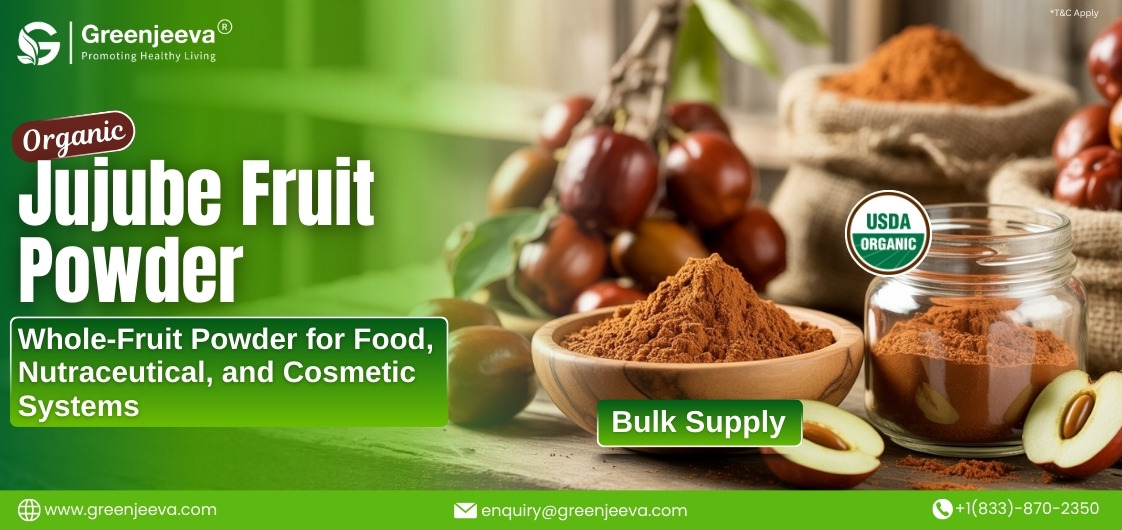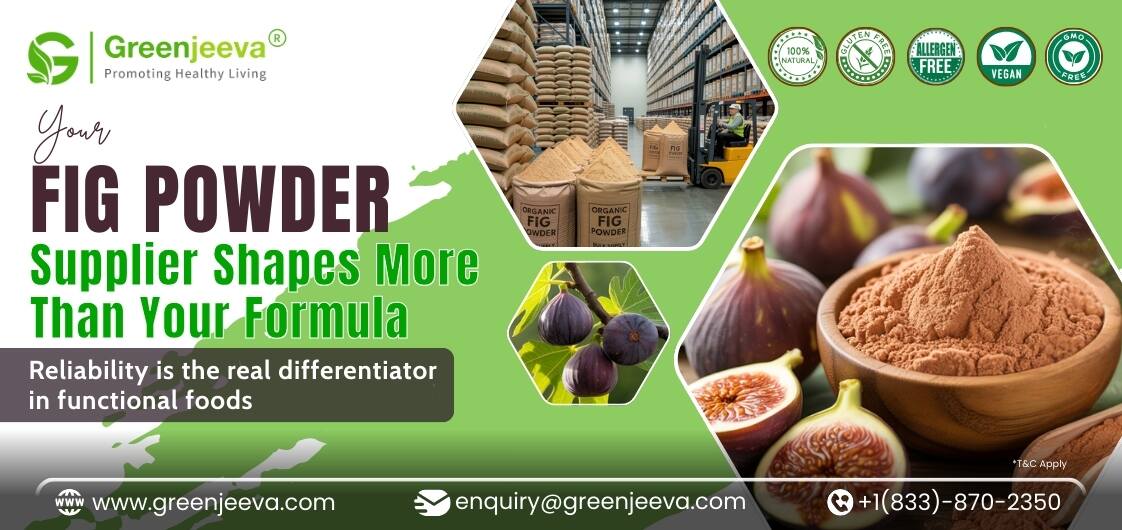Organic Raspberry Powder vs. Freeze Dried Raspberry Powder: A Comparison

In the fast-paced world of food and beverage manufacturing, innovation is the name of the game. Brands are constantly on the hunt for the next big ingredient that will give them a competitive edge – and organic raspberry powder is certainly making a play for the spotlight. But hold up, raspberry enthusiasts. Before you go all-in on this versatile fruit powder, a lesser-known contender deserves your attention: freeze-dried raspberry powder. This powdery alternative is quietly disrupting the industry, offering a host of potential benefits that savvy B2B buyers would be wise to consider.
So, which one should you add to your product development arsenal? Let's break down the key differences between organic raspberry powder and its freeze-dried counterpart.
The Texture Tango
When it comes to texture, organic raspberry powder and freeze-dried raspberry powder are like yin and yang. Raspberry powder boasts a finer, more uniform consistency, making it ideal for seamless incorporation into various formulations.

On the other hand, freeze-dried raspberry powder maintains a slightly more granular, almost crunchy texture. This can lend a more pronounced "raspberry" feel to finished products, especially in applications like baked goods or snacks.
The visual appeal of these two powders also differs. Organic raspberry powder tends to have a richer hue, while freeze-dried versions often appear lighter and more vibrant.
Advantage: It depends on the desired end product and mouthfeel. Powder for a smoother integration, freeze-dried for a more textural experience.
Flavor and Potency Punch
Organic and freeze-dried raspberry powder packs a serious flavor punch, but their taste profiles have some nuanced differences.
Raspberry powder, a more concentrated form of the whole fruit, often delivers a more intense and jammy flavor. It's the choice for brands seeking a bold, unapologetic raspberry taste.
On the other hand, freeze-dried raspberry powder tends to have a slightly brighter, more fresh-picked flavor. The freeze-drying process helps preserve more of the fruit's natural aroma and acidity.
When it comes to potency, it's a bit of a toss-up. Properly processed organic raspberry powder can be just as potent, if not more so, than its freeze-dried counterpart. However, the freeze-drying method may give a slight edge regarding shelf life and stability.
Advantage: It depends on the desired flavor profile. Powder for a richer, more concentrated taste, freeze-dried for a more vibrant, fresh-tasting experience.
Nutritional Considerations
Raspberry enthusiasts will be pleased to know that both powder forms retain a significant amount of the fruit's natural nutritional benefits. We're talking fiber, antioxidants, and a host of essential vitamins and minerals.
However, the freeze-drying process used to create freeze-dried raspberry powder may give it a slight edge when preserving delicate nutrients. This gentler method helps lock in more of the fruit's natural goodness than traditional drying or milling techniques.
Advantage: Freeze-dried raspberry powder has the potential to retain a bit more of the berry's nutritional punch.
Versatility in Application
When it comes to versatility, organic raspberry powder, and freeze-dried raspberry powder, each has their own unique strengths.
Raspberry powder's fine, uniform texture makes it an ideal addition to various product categories, from beverages and baked goods to confections and dairy. Its smooth integration can be a boon for manufacturers seeking a seamless fruit flavor.

On the other hand, freeze-dried raspberry powder shines in applications where a more pronounced texture is desired, such as snacks, granolas, or even as a topping for yogurt or ice cream. Its crunchy, crystalline structure can provide a visual pop that organic powder can't always match.
Advantage: It's a tie. Both forms of raspberry powder offer valuable versatility, depending on the specific product needs.
The Bottom Line for B2B Buyers
When it comes to choosing between organic raspberry powder and freeze-dried raspberry powder, there's no one-size-fits-all solution. The best option will depend on your product's unique formulation and sensory goals.
Powder enthusiasts will appreciate organic raspberry powder's smooth integration and intense flavor. However, freeze-dried powder devotees will be drawn to its fresh taste, textural appeal, and potential nutritional edge.
Savvy B2B buyers would be wise to explore both options, experimenting to find the perfect match for their brand's signature products. After all, in the high-stakes world of food and beverage innovation, a little raspberry rumble can go a long way.
**The Food and Drug Administration has not evaluated these statements. This product is not intended to diagnose, treat, cure, or prevent any disease.**






